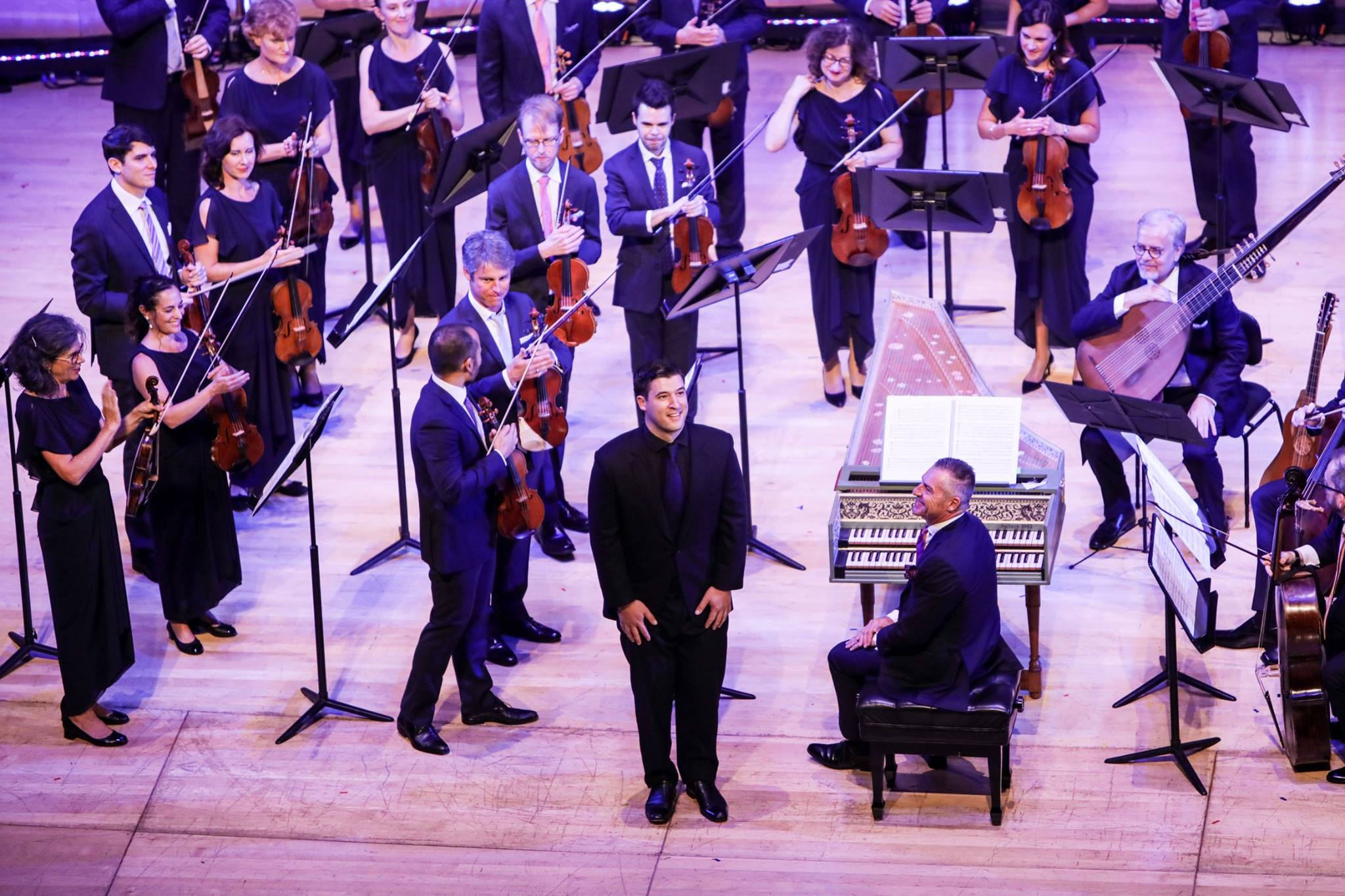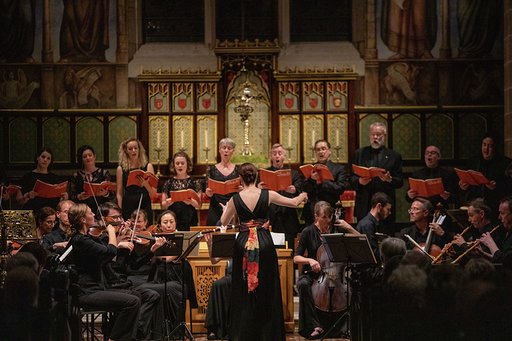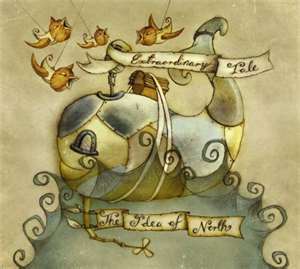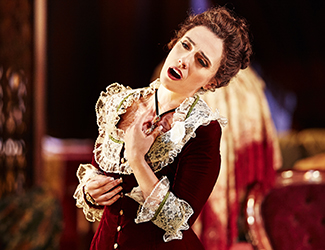Concert Review: Thomas Tallis’ England/ Australian Brandenburg Orchestra and Choir/ Maximilian Riebl
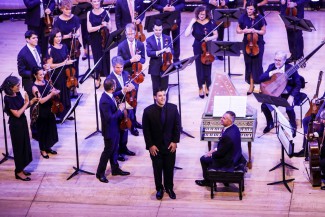
Thomas Tallis’ England
Maximilian Riebl, counter-tenor
Australian Brandenburg Orchestra and Choir
City Recital Hall, Sydney
February 21, 2018
The opening night of the Australian Brandenburg Orchestra’s 2018 season, Thomas Tallis’ England was an evening of exceptional performances and astute programming of music that told the tale with the added crafting of keys which moved seamlessly from one work to the next.
For this celebration of over four centuries of English music, the orchestra directed (at times) from the harpsichord by Paul Dyer AO, was joined by counter-tenor soloist Maximilian Riebl and the 17 voices of the Brandenburg Choir. It was a concert where every performer was a star; however, Maximilian Riebl stole the show with a voice that is maturing beautifully, as rich as it is powerful, impeccably controlled and delicately shaded yet athletic throughout his range.
Dyer created a gripping sense of drama with a spectrum of colour, darkness and shade, movement and stillness in the spaces of the City Recital Hall. A spotlight beamed down on Heidi Jones at the chamber organ as she set the scene with a serene rendition of Gibbons’ Prelude in G major. The arrival of the choir on stage represented the segue into G minor and Byrd’s Ave Verum Corpus. The choir was impressive throughout the programme, a perfectly blended pitch-perfect ensemble that breathed as one, singing with sophisticated phrasing, articulation and dynamics.
A bracket of five more works by Gibbons was introduced by Max Riebl and an ensemble of 4 violas and 4 cellos performing the instrumental version of Drop, drop slow tears with exquisite ornamentation, followed by the iconic 5-part madrigal The Silver Swan. A choral reprise of Drop, drop slow tears first with its lachrymose text by Phineas Fletcher and then hummed, fading to an impossible pianississimo was followed by an exultant rendering of the 5-part anthem Great Lord of Lords, a wonderful showcase for Riebl to perform duets with fellow counter-tenor Timothy Chung and bass Craig Everingham. After the abundant homophony of the programme thus far, the final offering by Gibbons was the richly polyphonic and laudatory anthem, Hosanna to the Son of David, the change in style given full justice by the ensemble.
On to Purcell and the advent of music in drama with instrumental selections from Abdelazar, the orchestra playing the leaping and landing arpeggios of the Overture and Rondeau with crunchy precision and wide contrasts of dynamics and mood. Riebl performed a chillingly evocative version of the Cold Song from Purcell’s King Arthur. Originally written for the bass voice, the aria has been effectively appropriated by counter-tenors like Andreas Scholl and Bejun Mehta. Riebl’s version was impressive with its steely punctuation and tragic undertones.
Handel’s Concerto Grosso opus 6 no. 7 was a terrific choice for the orchestra. It is the only one of the opus 7 that is written for full orchestra sans soloists. Containing just 2 movements, the orchestra’s expansive Largo led to the Allegro fugue which is introduced on a single note whose time value diminishes as the theme progresses. The interest in the movement lies in the players’ ability to colour the repeated notes, which the ensemble achieved with beautiful articulation and dynamics.
Maximilian Riebl won heart and minds with his bravura rendition of the rage aria Fammi combattere from Handel’s opera Orlando, once again performing with extraordinary athleticism and dynamic range that gave no quarter to accuracy.
Opening the second half of the evening, the orchestra’s slowly rising Curtain Tune from Matthew Locke’s The Tempest segued without a change of key into Tallis’ hushed devotional hymn If ye love me, which was paired with the supplicating cries of the seven-part Agnus Dei from Tallis’ Missa puer natus est nobis.
Building to the essence of the programme, the Brandenburg Choir performed Tallis’ 1567 a capella setting of Psalm no 2, Why fumeth in fight, for four parts, from Archbishop Parker’s psalter. Moving away from tonal harmony into modal territory, it was the third tune composed by Tallis, which he set in the third or Phrygian mode (white notes only form E to E).
From this theme, Ralph Vaughan Williams crafted one of the gems of English orchestral music, his Fantasia on a Theme of Thomas Tallis, a luscious fusion of the sacred and the sylvan, rendered with ample justice by the orchestra. “RVW” wrote his Tallis Fantasia for a double string orchestra and string quartet, the first orchestra, a full-sized string ensemble; the second orchestra, a single player from each section, placed away from the first orchestra. Vaughan Williams intended that this configuration replicate an organ in sound, with the quartet representing the swell division, the first orchestra the great division and the second orchestra the choir division. He also specified in the score that the echoing second orchestra should be placed apart from the first. Following this dictum, Dyer despatched his second orchestra to the gallery above the stage. Placement, acoustic and instrumental timbre made this exquisite realisation one to remember, with due credit to the soloists of the string quartet, Concert-master Shaun Lee-Chen, violinist Ben Dollman, viola player Monique O’Dea and cellist Jamie Hey.
A fitting finale to a ‘fantastic’ evening.
Shamistha de Soysa for SoundsLikeSydney©
The Australian Brandenburg Orchestra and the Brandenburg Voices perform Thomas Tallis’ England at the City recital Hall, Sydney on selected dates till March 3, 2018.

